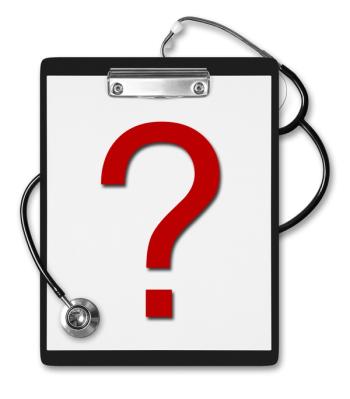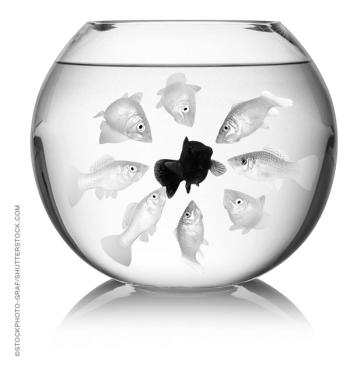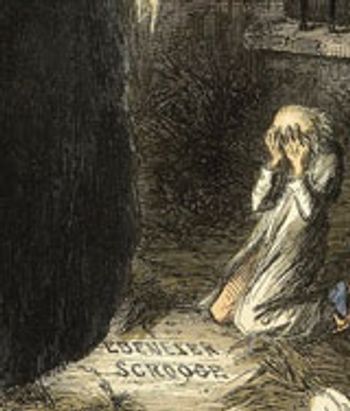
We have many tragic events that affect our collective grieving process. How should they be mourned over time?

Dr Moffic is an award-winning psychiatrist who specialized in the cultural and ethical aspects of psychiatry and is now in retirement and retirement as a private pro bono community psychiatrist. A prolific writer and speaker, he has done a weekday column titled “Psychiatric Views on the Daily News” and a weekly video, “Psychiatry & Society,” since the COVID-19 pandemic emerged. He was chosen to receive the 2024 Abraham Halpern Humanitarian Award from the American Association for Social Psychiatry. Previously, he received the Administrative Award in 2016 from the American Psychiatric Association, the one-time designation of being a Hero of Public Psychiatry from the Speaker of the Assembly of the APA in 2002, and the Exemplary Psychiatrist Award from the National Alliance for the Mentally Ill in 1991. He presented the third Rabbi Jeffrey B. Stiffman lecture at Congregation Shaare Emeth in St. Louis on Sunday, May 19, 2024. He is an advocate and activist for mental health issues related to climate instability, physician burnout, and xenophobia. He is now editing the final book in a 4-volume series on religions and psychiatry for Springer: Islamophobia, anti-Semitism, Christianity, and now The Eastern Religions, and Spirituality. He serves on the Editorial Board of Psychiatric Times.

We have many tragic events that affect our collective grieving process. How should they be mourned over time?

So many had stared at John Nash, for different reasons, at different times. Now that his own stare is frozen in time, the challenge is to understand the meaning of the stares that he had received during his life.

If the models in this discussion are disseminated and used, costs will drop and patients will enjoy an improved quality of life.

“Those who fail to learn from the mistakes of their predecessors are destined to repeat them.” This may be the take-home point of the APA 2015 meeting regarding schizophrenia.

Why is burnout seemingly rare in coaches but well over 40% in psychiatrists? H. Steven Moffic considers why life coaches have become big business while psychiatrists, stigmatized.

In the spirit of Freud’s recommendation to free associate in psychoanalysis, perhaps we can be inspired to do whatever we can for freedom, human dignity, and the future of children.

“I may never know who you are,” writes this psychiatrist, “but if you provided medical or psychiatric care for the co-pilot of Germanwings Flight 9525, we are colleagues. And you too are his victims, of sorts. I hope your reputation does not suffer unduly.”

Should racism be considered a psychiatric disorder?

A blog on the cultural components of minority groups, mental illness, and stigma.

In most movies, psychiatrists are depicted in a negative light, which most certainly affects our public image. Was the psychiatrist in American Sniper portrayed positively or negatively?

A commentary that is both professional and personal in nature, written by a psychiatrist who has helped hundreds of transitioning patients adapt to their external gender appearance and societal expectations.

The glass of well-being among physicians may be half empty, but there is room and hope to fill it again. Perhaps psychiatrists are the missing ingredient?

Dr Moffic takes us around the world to celebrate the lives of psychiatrists who made important contributions to the field.

Many classics, such as those written by Dickens, can be viewed as a metaphor for psychotherapy. Beyond symptom improvement, psychotherapy addresses the meaning of one's life and how it relates to meaningful values of loved ones as well as the surrounding community.

The greatest tribute to those who perished in France may be to find better ways to put out the fires of terrorism. Mental health professionals are trained to use words to diffuse conflict. The pen is mightier than the sword, but it can also tempt the reckless to load their weapons.

The Psychiatric Views on the News series for Psychiatric Times attempted to bring together societal events and psychiatry to start a conversation. Is a psychiatric view on the news important? If so, what other stories have caught your attention, and why?

As the nation focuses on public protests regarding the deaths of black males by white officers, psychiatric groups take notice.

Who hasn’t been at a public gathering and, after identifying yourself as a psychiatrist, heard someone respond nervously, “Can you read my mind?” Just as Thanksgiving can be compromised by family conflict, being a psychiatrist can at times feel like a curse in our public lives.

This psychiatrist takes notice when he hears public remarks by celebrities on their alleged psychiatric illnesses. A perfect example is when Jerry Seinfeld claimed he was “a bit autistic” to Brian Williams on NBC Nightly News.

Although 2 weeks of protected touring is hardly enough time to get a sense of Morocco, there was a familiar parallel to cross-cultural psychiatry. Let the patient tell you what they are about culturally, respect that particular point of view, relate to them as they wish, and support that with study.

Whether these psychiatrists helped or hindered societal events probably depends on one's political perspective.

We in mental health care may be the last bastion of defense in the deterioration of the doctor-patient relationship. However, this role seems to be underplayed in the call for more integrated medicine of psychiatry with general medicine.

Some worry about the adverse psychological effects emerging from the Metropolitan Opera's production of "The Death of Klinghoffer."

The legal benefits of marriage are clear and well-known. But what are the psychological benefits?

Although the brains of men and women are much more similar than different, the hormonal influences on the female brain seem to tend toward verbal agility and deeper relationships.

Clown faces and masks are obvious disguises, but we also disguise ourselves in everyday and therapeutic life, and often therapy has to work through these disguises to get to the core.

Leaders (and really that is all of us in one way or another) have the challenge of understanding and responding to future risk.

There is much concern about any breach at the White House: the most recent intruder could have been shot and possibly killed during his run. Why wasn’t he?

You don't need to be religious to say this prayer . . . do you?

Like all good comedy, there must have been some therapeutic benefits to the laughter Robin Williams and Joan Rivers both elicited.